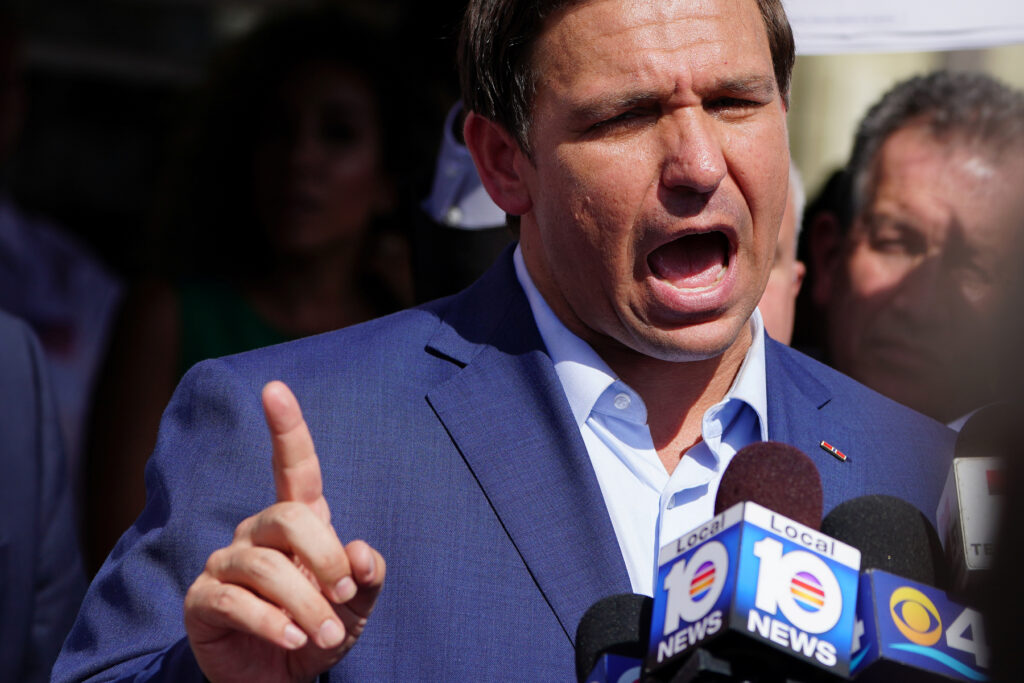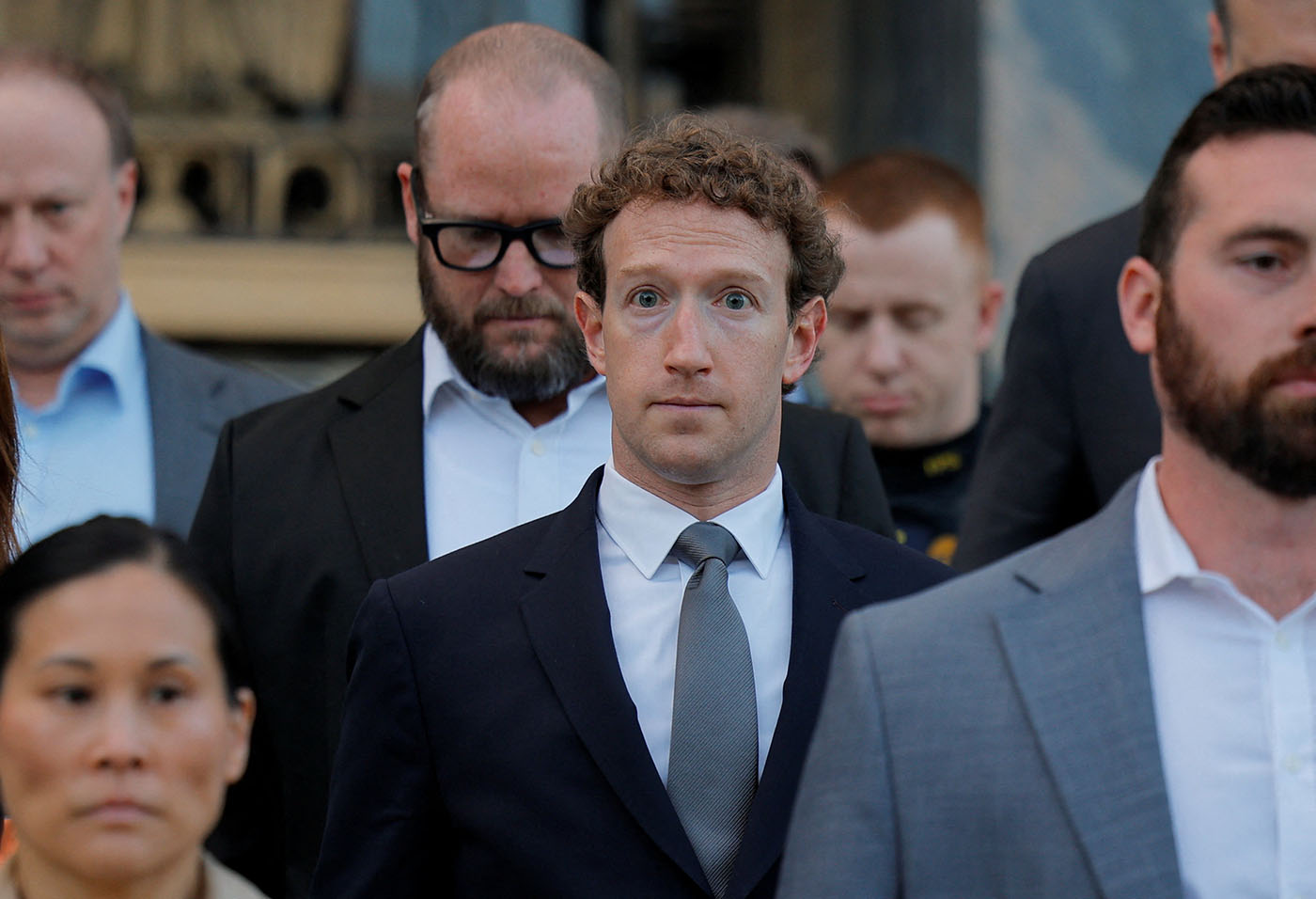A federal appeals court unanimously found Florida Gov. Ron DeSantis’ social media censorship law unconstitutional in May 2022, and upheld a preliminary injunction barring enforcement of the law.
The Stop Social Media Censorship Act applied to platforms with more than 100 million users worldwide. The law, Senate Bill 7072, levied financial penalties on social media companies for deplatforming candidates for public office, and attempted to afford users the opportunity to sue for alleged censorship.
The law was set to go into effect in July 2021, but Judge Robert Hinkle of the U.S. District Court for the Northern District of Florida granted a preliminary injunction in June 2021 which blocked the enforcement of the law.
“The legislation now at issue was an effort to rein in social-media providers deemed too large and too liberal,” Judge Hinkle wrote in the decision. “Balancing the exchange of ideas among private speakers is not a legitimate governmental interest.”
The state of Florida appealed the decision, and the three-judge panel of the U.S. Court of Appeals for the Eleventh Circuit ruled that the moderation and curation of content by tech companies like Facebook and Twitter is protected from government infringement under the First Amendment’s free speech guarantee.
“Put simply, with minor exceptions, the government can’t tell a private person or entity what to say or how to say it,” wrote Circuit Judge Kevin C. Newsom in the opinion.
The panel held “that it is substantially likely that social-media companies—even the biggest ones— are ‘private actors’ whose rights the First Amendment protects … that their so-called ‘content-moderation’ decisions constitute protected exercises of editorial judgment, and that the provisions of the new Florida law that restrict large platforms’ ability to engage in content moderation unconstitutionally burden that prerogative.”
On Sept. 21, 2022, Florida Attorney General Ashley Moody filed a petition for a writ of certiorari in the Supreme Court, pushing back against the Eleventh Circuit’s decision.
But in January 2023, the Supreme Court did not decide whether to grant or deny the petition, but rather invited President Biden’s administration to share its views on both SB 7072 and a similar law in Texas. As of now, both laws remain blocked until the Supreme Court issues its final decision as to whether to hear both cases.
June 30, 2021 — U.S. District Court for the Northern District of Florida Decision
May 23, 2022 — U.S. Court of Appeals for the Eleventh Circuit Decision
Sept. 21, 2022 — Florida’s Petition for Writ of Certiorari
Tags




